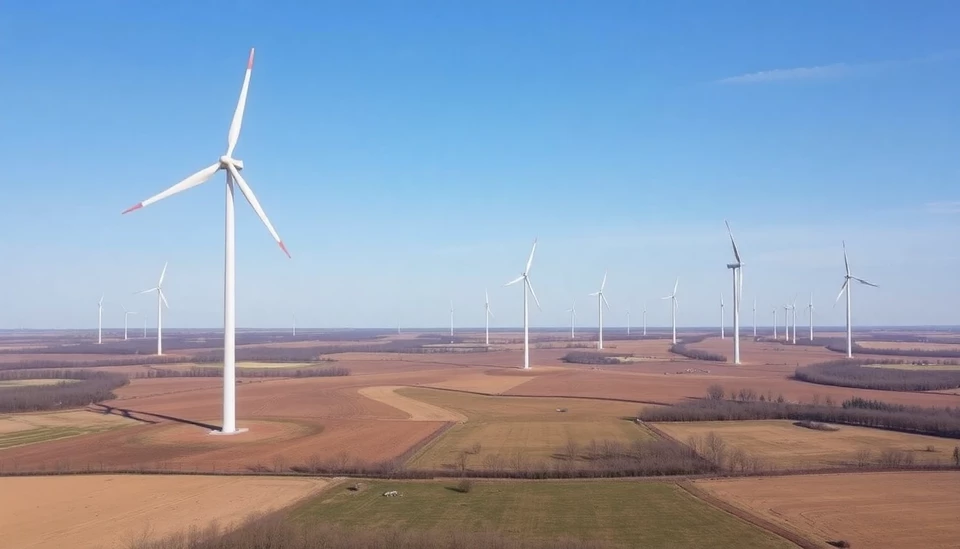
As Germany braces for its upcoming elections, significant shifts in its renewable energy sector are on the horizon. Reports indicate that the country is poised to cancel up to 1,000 planned wind energy projects, a move that could have profound implications for its energy transition goals. The potential cancellations come at a critical time, with rising political tensions and a growing emphasis on energy self-sufficiency as the nation seeks to transition from fossil fuels.
Germany has long been a leader in renewable energy adoption, especially wind power. However, internal politics and administrative hurdles have stymied progress. The anticipated cancellations highlight the fraught nature of energy policy in Germany as various stakeholders vie for influence ahead of the elections.
This strategic retreat from ambitious wind energy plans is reflective of broader concerns within the German government and electorate about the pace and direction of the energy transition. While the need for a robust wind energy infrastructure remains, uncertainties regarding financing, bureaucratic red tape, and local opposition are impeding progress. This has led to a burgeoning backlog of projects that have yet to receive the necessary approvals.
Critics argue that such cancellations not only threaten Germany's long-term climate commitments but also undermine its goal of achieving energy independence amid global volatility. Recent geopolitical events have prompted a review of energy dependencies, pushing the country to rethink its strategies as it attempts to decrease reliance on imports and stabilize its energy supply.
Moreover, as different political factions position themselves in the run-up to the elections, the winds of change in public opinion are becoming increasingly evident. Voters are expressing concerns over energy security and prices, urging politicians to redirect focus towards more immediate and tangible outcomes rather than long-term projects that seem increasingly uncertain.
The potential loss of 1,000 wind projects, signaling a drastic pivot in energy expansion strategies, could have ripple effects throughout the renewable sector. It raises questions about Germany's commitment to its climate agenda and challenges the narrative of it being the vanguard of sustainable practices in Europe. Furthermore, the implications extend beyond the borders of Germany as the nation has been a significant player in setting renewable energy targets across the continent.
As election day approaches, stakeholders will be closely monitoring how these developments unfold and what they mean for both voters and the future of energy policy in Germany. It remains to be seen how the political landscape will evolve and whether there will be a shift back toward bolstering renewable energy commitments or a continued retreat in the face of mounting pressure.
This ongoing situation underscores a critical crossroads for Germany as it navigates the complexities of energy transition amid a changing political environment. The decisions made in the coming weeks will likely set the tone for Germany's energy future for years to come.
#Germany #WindEnergy #Elections2025 #RenewableEnergy #EnergyTransition #ClimateChange #Sustainability
Author: Samuel Brooks




